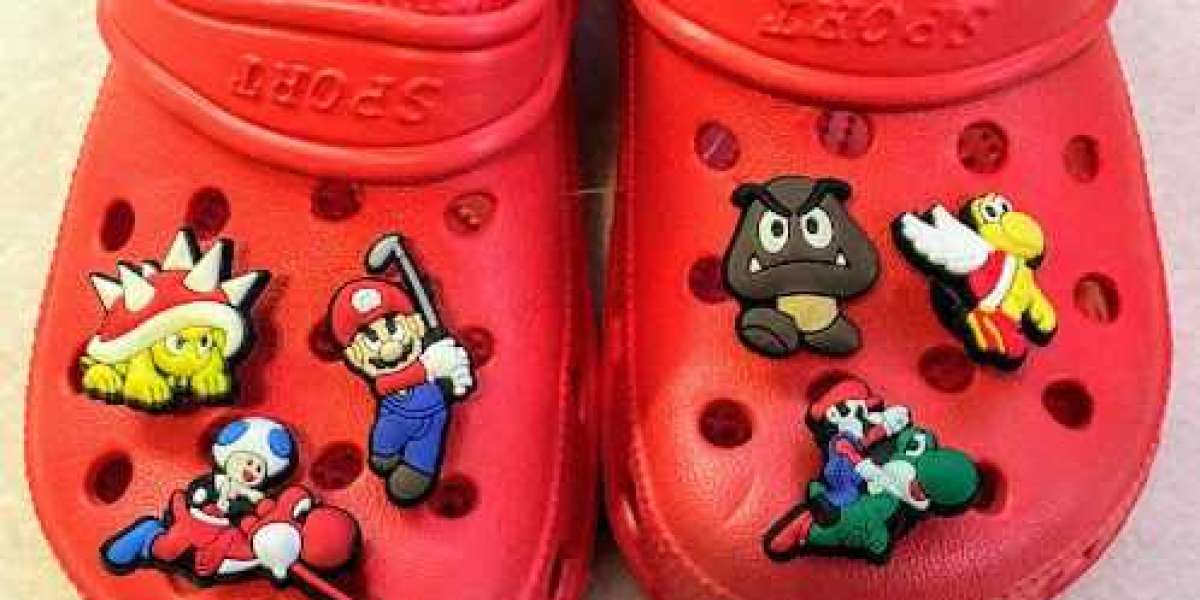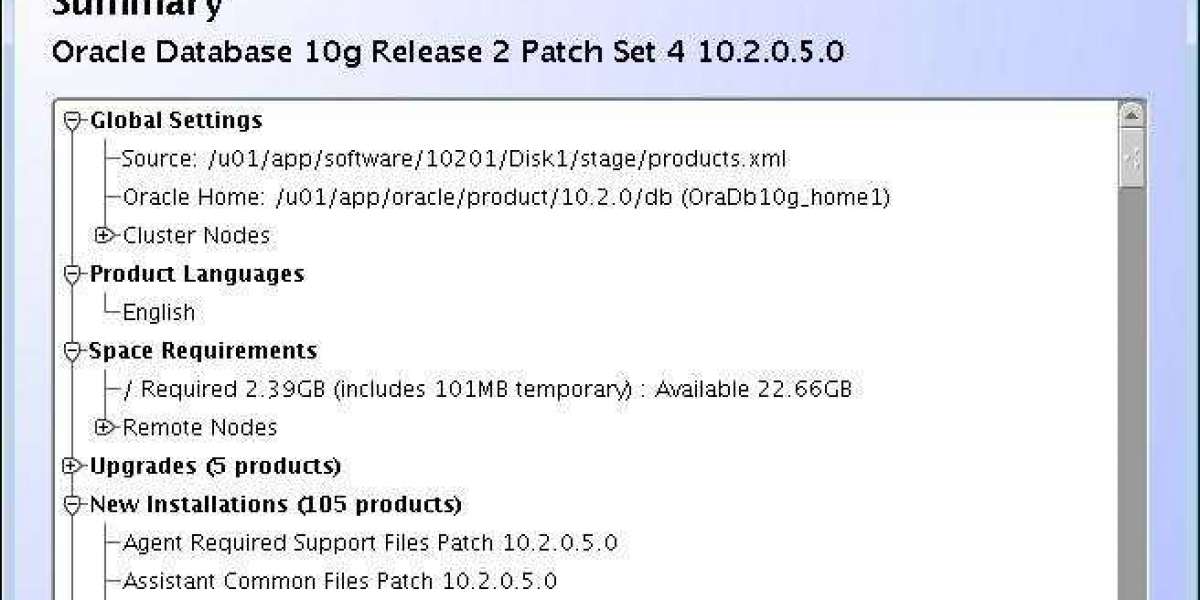Car detailing can be done by professional detailers or by the car owner. If done professionally it can take several hours to a full day depending on the level of detailing and the condition of the car. Some professional detailers also offer different levels of car detailing such as basic, standard, and premium detailing which can include additional services like engine bay detailing, paint correction, ceramic coatings, etc.
New Car Wash
To open a new car wash, there are several steps you will need to take:
- Develop A Business Plan: This should include details on the type of car wash you want to open (e.g. automatic, self-serve, full-service), your target market, projected costs, and projected revenue.
- Secure Funding: You will likely need to secure funding for your car wash. This can come from a variety of sources, such as a small business loan, crowdfunding, or investment from friends and family.
- Obtain Necessary Permits And Licenses: You will need to obtain the necessary permits and licenses to operate a car wash in your area. This may include a business license, zoning permits, and environmental permits.
- Find A Location: The location you choose for your car wash will be a crucial factor in its success. Look for a site that is easily accessible, has ample parking, and is visible from the road.
- Purchase Equipment: You will need to purchase the equipment necessary to operate your car wash. This may include pressure washers, hoses, brushes, and coin-operated machines.
- Hire Employees: Depending on the type of car wash you are opening, you may need to hire employees to help with operations and customer service.
- Promote Your Business: Once your car wash is up and running, you will need to promote it to attract customers. This can include advertising in local newspapers and on social media, as well as offering special promotions and discounts.
Find And Test Drive The Car
There are several steps you can take to find and test drive a car,
- Research: Research different makes and models of car valet to determine which one will best suit your needs. Consider factors such as fuel efficiency, safety ratings, and features.
- Compare Prices: Once you have narrowed down your options, compare prices from various dealerships and online retailers.
- Visit Dealerships: Visit local dealerships and speak with sales representatives to get a feel for the cars you are interested in. Take test drives to experience the car's performance, handling, and comfort.
- Check The Car's History: Before making a final decision, it is important to check the vehicle's history. You can use the VIN number to check for accident history, odometer rollbacks, and more.
- Negotiate The Price: Once you have found the car you want, negotiate the price with the dealership.
- Close The Deal: Once you have agreed on the price and financing, sign the paperwork and take possession of your new car.
It's important to take your time and carefully consider your options before making a final decision. It's also a good idea to have a trusted mechanic inspect the car prior to purchase to ensure the car is in good working condition.
Maintenance Of Your Car Value
Regular maintenance is essential to keeping your car's value high. Here are a few tips for maintaining your car's value,
- Keep Up With Regular Maintenance: Regular oil changes, tire rotations, and other routine maintenance services will help ensure that your car runs smoothly and efficiently, prolonging its life and maintaining its value.
- Wash And Wax Your Car: Regularly washing and waxing your car will help protect the paint and prevent rust and other forms of damage.
- Keep Detailed Service Records: Detailed service records will show potential buyers that the car has been well-maintained and can increase its perceived value.
- Be Mindful Of How You Drive: Hard braking, aggressive acceleration, and other types of rough driving can cause significant wear and tear on your car.
- Keep The Inside Clean: A car cleaning and well-maintained interior can improve the car's appearance and perceived value.
- Fix Any Damages: Any damages or issues should be fixed as soon as possible. A car with dings, dents, or scratches will have a lower value than a car that is in good condition.
- Avoid Modifications: Avoid making any modifications to the car that would lower its value, like changing the engine or the wheels.
By following these tips, you can help maintain your car's value and ensure that it retains its value over time.






